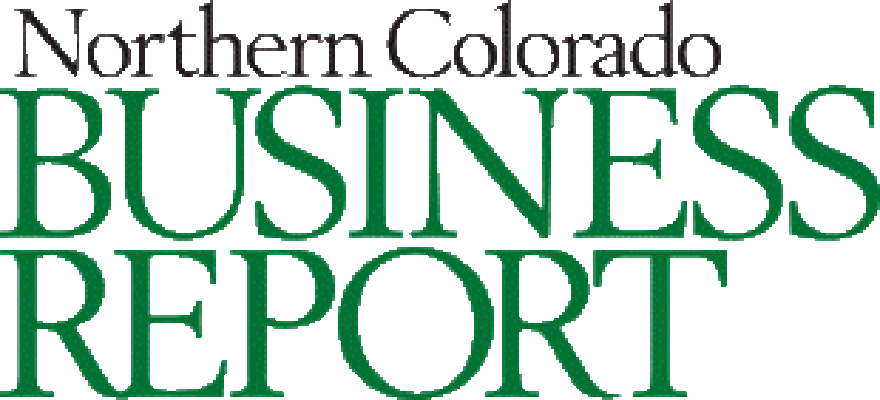The high cost of ambulance service in Greeley has city officials looking at options for providing its own service, but that could end up costing Weld County taxpayers. KUNC’s Erin O’Toole talks with Jeff Nuttall, publisher of the Northern Colorado Business Report, about some of those options.
O’Toole: Jeff, the city of Greeley has sent out requests for proposals for private companies to bid on providing ambulance service for its residents. What going on here?
Nuttall: Like everything else that has to do with medical care, the cost of emergency transportation has been going up. Several Greeley residents recently complained to the city council that they were billed over $2,000 for ambulance transportation to the hospital, and the Public Safety subcommittee decided to explore alternatives.
O’Toole: Who provides ambulance service for Greeley now?
Nuttall: Weld County Paramedic Services provides coverage for the entire county. That’s an area of roughly 4,000 square miles, about twice the size of the state of Delaware. And that’s part of the challenge. Other local services, such as Thompson Valley EMS, cover about one-tenth the area.
O’Toole: Is that reflected in the charges for the services, then?
Nuttall: That’s a very difficult question to answer, Erin. Every patient transportation is unique, and involves medical services above and beyond the basic ride to the hospital, and can be discounted depending on the terms of individual insurance coverage. But for comparison purposes, the basic ambulance ride provided by Thompson Valley costs $650. Poudre Valley EMS charges about $860, and Weld County Paramedics charges $1,800.
O’Toole: That’s a pretty significant difference. Other than the size of the coverage area, are there any other factors that would account for the higher charges in Weld County? Isn’t the paramedic service part of the county government?
Nuttall: Yes, but Weld County Paramedics has been self-supporting since 1992. That means that unlike other services in the region it receives no subsidies from the county or other taxing entity. Its budget comes entirely from fees for services provided, and insurance reimbursements have not kept pace with expenses in recent years. With about half of the ambulance calls coming from patients with Medicare and Medicaid coverage -- and those payments dropping every year -- the service has had no alternative but raise its fees.
O’Toole: Could the county help the service out, with a subsidy of some kind?
Nuttall: The Weld County Commissioners are currently considering injecting about a half-million dollars into next year’s budget for the paramedic service, but hasn’t made a final decision yet. They are waiting to hear what Greeley intends to do, since fees for service to city residents account for about $2 million annually.
O’Toole: So what are the options the city is looking at?
Nuttall: In addition to the private RFPs, which are due back to the city in July, the council has asked the Greeley Fire Department to put together an emergency transportation plan. The firefighters certainly have the necessary training, but there is one small problem: The department doesn’t own any ambulances, and one can cost somewhere in the neighborhood of $200,000. The department would need three, with a couple in reserve, to provide adequate coverage to the city.
O’Toole: When will the decision about who provides emergency transportation to Greeley residents be made?
Nuttall: The city doesn’t plan on interviewing the companies that bid on the RFP until August. And remember, there are several options available, including a public/private partnership, or sticking with Weld County Paramedics and working out some kind of city/county reimbursement deal. It’s all under discussion, and the cost of the service isn’t the only -- or even the most important -- issue to consider. Safety and quality of care are big, big factors as well.





